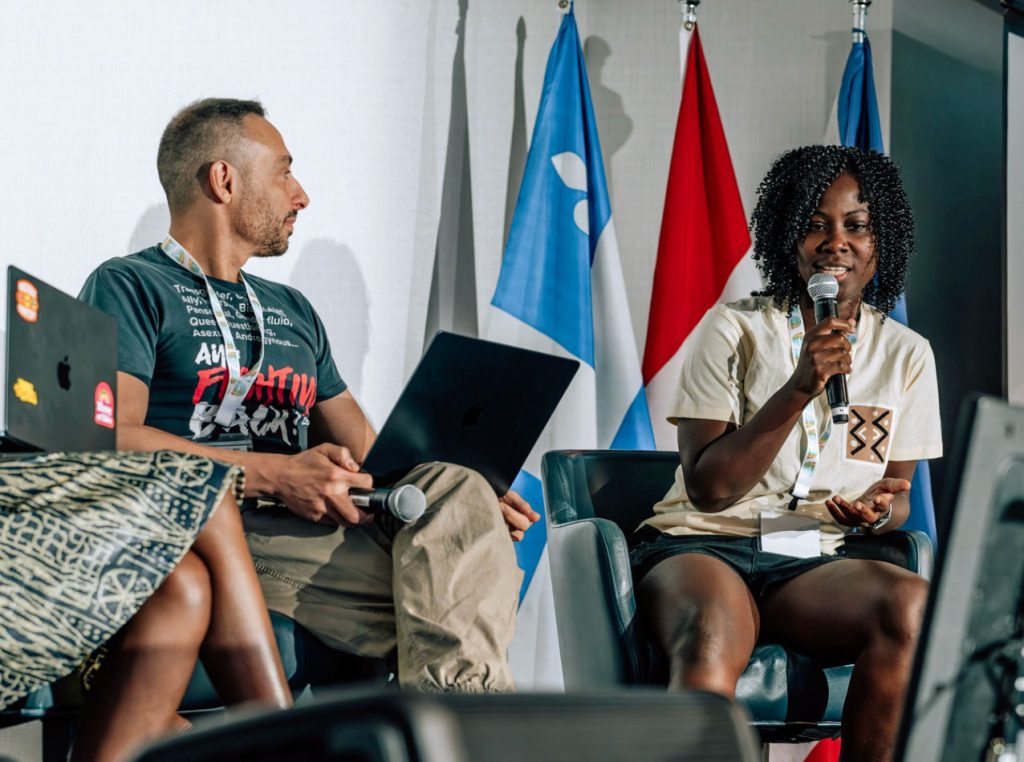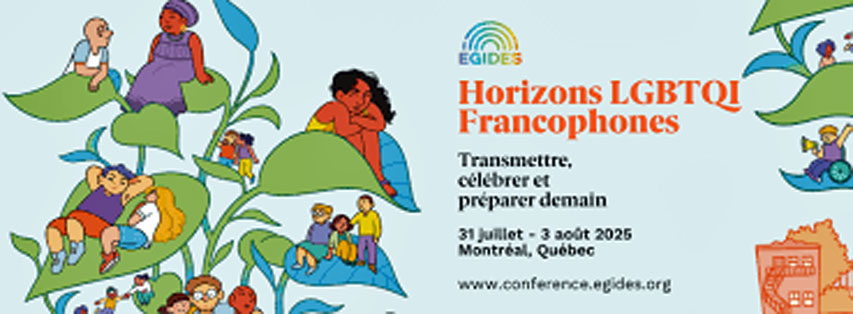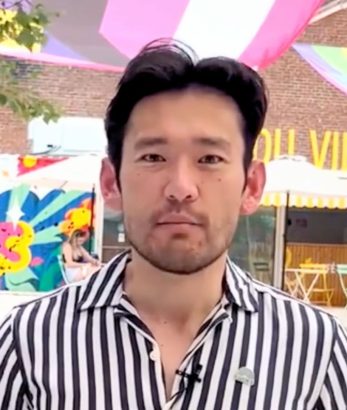International French-language LGBTQI conference focuses on positivity
More than 800 LGBTQI activists converged on Montréal for a morale boost from Égides

By Steeves Winner
Early this month, Montréal became the beating heart of the worldwide French-speaking LGBTQI community as it welcomed human rights activists gathered together by the LGBTQI rights organization Égides.
More than 350 in-person and 450 online participants took part in the Égides International Conference from July 31 to Aug. 3, organized in partnership with the Montreal Pride Festival.
In the face of human rights setbacks and increasing anti-transgender rhetoric in many nations, the conference focused on positivity rather than specificity.
The theme of the conference was a call for collective mobilization — “Francophone LGBTQI Horizons – Transmitting, Celebrating, and Preparing for Tomorrow.”
The opening ceremony was marked by speeches from political and diplomatic figures. City Councilor Maëva Villa stated: “Your motivations and your determination give me the energy I need, yes, in Montréal, in Canada, and — why not — to demonstrate leadership internationally as well.”
Jean-Marc Berthon, French ambassador for LGBTQI rights, said, “To celebrate is also to resist. In a world where hate speech is gaining ground, queer joy is a political act.”
The first day highlighted LGBTQI mental health issues, colonial legacies, and queer memory.
“Passing on [memories] does not simply mean telling stories. It is an act of resistance, a way of building something together from diverse trajectories.” said conference participant Lydie Namour.
Solange, a Rwandan and Quebecois activist, shared: “My journey between Kigali and Montréal taught me that queer memory is not limited to archives: it lives in our bodies, our stories, our silences.”
The second day focused on achievements rather than setbacks.
Human rights researcher Samuel Jouin stated: “Each legal victory is a milestone on the path to dignity. But this path remains fraught with pitfalls.”
Decriminalization of homosexuality for some French-speakers was proclaimed a victory. [Editor’s note: Gabon in Central Africa repealed its anti-homosexuality law in 2020, but in Northern and West Africa Chad criminalized homosexuality in 2016, followed by Mali earlier this year.]

The final day was devoted to possibilities for the future. Workshops discussed ideas for public policies, funding, and resistance.
Justine Lavard of the International Federation for Human Rights (FIDH) emphasized the need to protect human rights defenders. “LGBTQI activists are on the front lines. We need protection mechanisms adapted to their realities”, Lavard said.
Participants discussed creating municipal agencies focused on LGBTQI rights, compensating community experts, and adapting training to local realities.

But Michaël Arnaud, director of Égides, saw more than just discussions
“Égides is no longer an idea: it’s a collective force”, Arnaud said. “What we’re going to do together today is think about what comes next.”
Steeves Winner, the author of this article, is a Cameroonian journalist who writes under a pseudonym. Contact him at steeves.w@yahoo.com.



